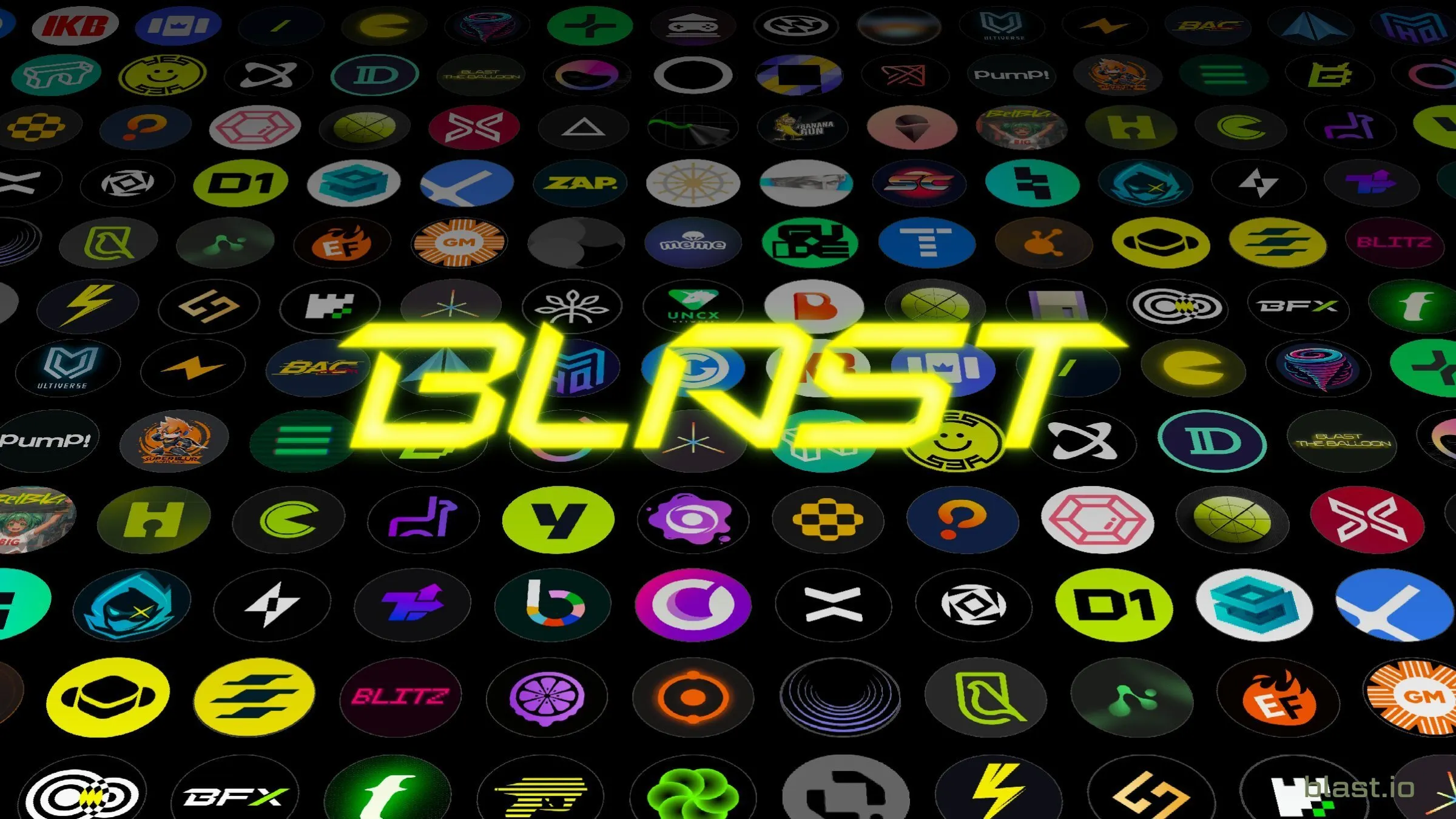Blast, an Ethereum layer-2 scaling network from the founder of leading NFT marketplace Blur, launched its mainnet Thursday afternoon, finally unlocking billions of dollars’ worth of crypto funds that users had locked up in an effort to earn staking and airdrop rewards.
More than $2.3 billion had been staked into the bridge from the Ethereum mainnet to Blast, according to the Blast website just before the scaling network went online. Blast was revealed in November, alongside the bridge and rewards campaign.
The total had been rapidly climbing over the last few days, in part because traders were attempting to get their funds onto Blast to take advantage of a growing slate of projects that will launch on the network and airdrop tokens and rewards to early users.
In addition, the growing price of Ethereum in recent days helped grow the value of what had already been staked. Ethereum’s price is up 12% over the last week amid a wider market surge fueled by Bitcoin, which spiked to a price of nearly $64,000 on Wednesday.
To recap, Blast is the L2 with native yield. ETH and stablecoin balances on Blast are automatically yield bearing. This increases capital efficiency for users and unlocks new possibilities for Dapps.
— Blast (@Blast_L2) February 29, 2024
While some Blast users may be keeping their funds on the network to take advantage of newly launched apps and protocols—plus continued staking rewards and airdrop benefits ahead—others are withdrawing their funds into a crypto market that’s seen sizable gains pretty much across the board since late last year.
According to an on-chain data dashboard from analytics firm Arkham Intelligence, the total amount of funds on Blast has fallen below $1.9 billion as of this writing.
Blast will give users “airdrop points” in May, which will pertain to a future token launch around the scaling network. It’s competing with other Ethereum scalers like Arbitrum, Optimism, Base, and Polygon—but the incentives model flung Blur to the top of the NFT world, and founder Tieshun “Pacman” Roquerre and team must expect the same for Blast with scaling networks.
The launch of Blast hasn’t been without controversy. Crypto traders and builders alike criticized Blast’s approach of launching a bridge that users wouldn’t be able to withdraw funds from for months, and took issue with the framing of the incentives model.
In November, Dan Robinson—Head of Research and General Partner at Paradigm, the VC firm that co-led Blast’s $20 million seed round—wrote that the firm thought the “announcement this week crossed lines in both messaging and execution.”
He further criticized the decision to lock up funds for months, and said that “much of the marketing cheapens the work of a serious team.” Blast founder Pacman admitted that Paradigm asked them to “make changes” to the launch plan, but he said that it was ultimately Blast’s own decision to make.
Edited by Ryan Ozawa.

